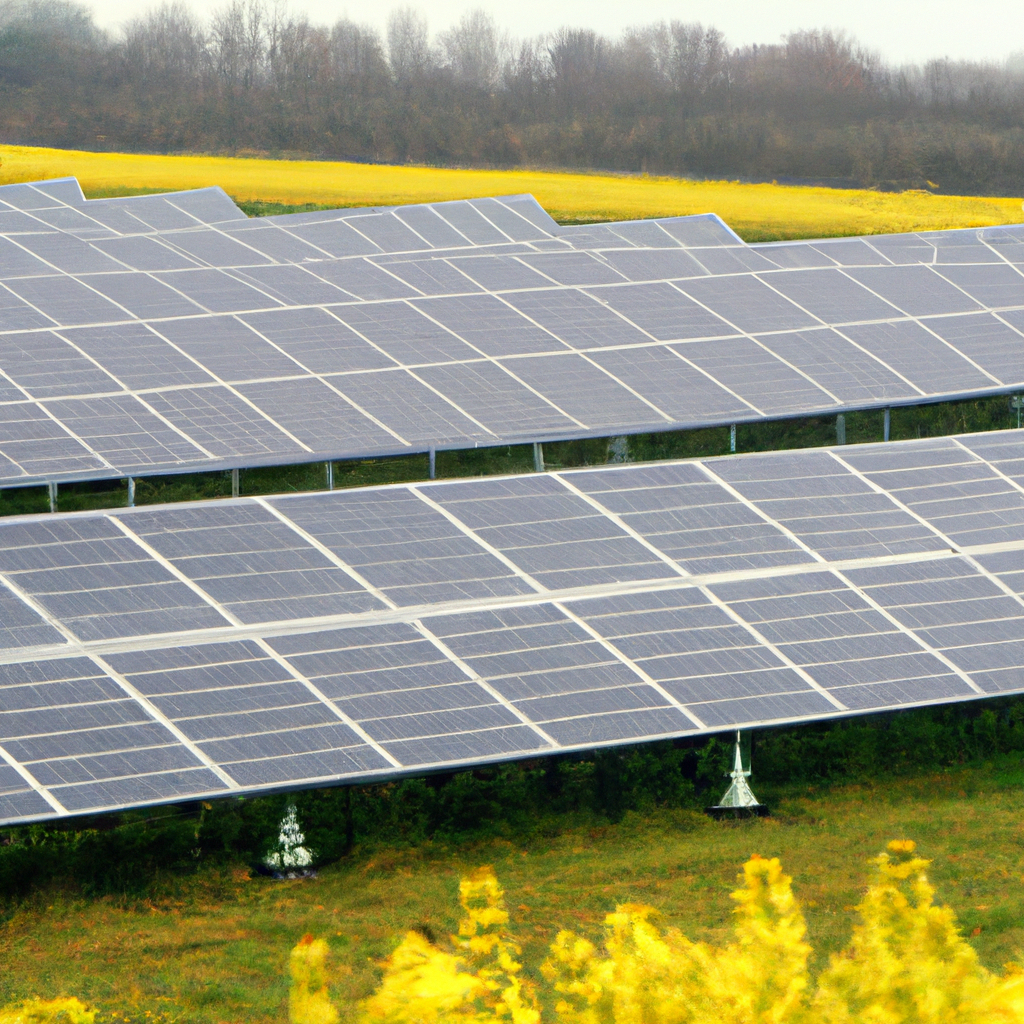Experts Advocate for Intercountry Partnerships to Foster Equitable Solar Irrigation Systems
Experts, officials, and stakeholders at a forum in Kathmandu called for South-South collaboration and scaled-up global efforts to promote solar energy in agriculture to address climate change. Solar irrigation is widely used in South Asia, and the forum highlighted the need for a roadmap to enhance its effectiveness and sustainability. The forum also emphasized the importance of inclusivity, with a focus on marginalized farmers, particularly women and the disadvantaged. It presented insights on the use of solar irrigation as a strategy to sustainably manage water, energy, food, and climate change. The forum brought together experts from South Asia and beyond to share experiences and promote collaboration in developing and deploying ambitious solar irrigation policies.

- Country:
- Nepal
Subject experts, government officials and key stakeholders from across the world, especially from South Asia, on Friday called for South-South collaboration and scaling up of global ambitions around effective, inclusive and sustainable use of solar energy in agriculture to develop a roadmap because of climate change.
Solar irrigation is being used extensively across South Asia using power generated through solar panels at both on-grid and off-grid locations to lift groundwater for irrigation purposes.
“This Forum will highlight findings of our work and share South-South collaborative ideas to develop a roadmap for Solar Irrigation Pumps (SIP) policy and implementation,” Dr Pema Gyamtsho, Director General, ICIMOD, said at the conclusion of an event to promote solarisation in irrigation here.
The International Centre for Integrated Mountain Development (ICIMOD) in collaboration with the International Water Management Institute (IWMI) organised the three-day ‘Global Science-Policy Forum on Socially Inclusive Irrigation Systems’ that concluded here on Friday.
“Talking about adaptation to climate change is all about water. Solar energy for irrigation is an important subject and one that has huge potential for the South Asia region. For the mountains, it is even more important (because) we need to lift water from low-lying areas to agricultural lands lying above the water sources. So, solar pump irrigation provides an ideal solution. Water is critical,” Gyamtsho said.
Using learnings from South Asia, the Forum said it will present unique insights on the effectiveness of solar irrigation as a strategy to sustainably manage water, energy, food and climate (mitigation and adaptation) inter-linkages.
The Forum has brought around 150 experts, government officials and key stakeholders from across the world including Nepal, India, Bangladesh and Pakistan. Over the three days, they discussed the growing body of work and evidence in South Asia on solar applications in agriculture, particularly bringing together key experiences, insights and promotion of south-south collaboration.
Earlier, Shakti Bahadur Basnet, Nepal’s Minister for Energy, Water Resource and Irrigation, said while inaugurating the Forum on Wednesday, “Pressing challenge of climate change calls for climate mitigation awareness to end our dependence on fossil fuels and move towards clean and renewable energy.” “There is a need for low-carbon methods such as solar irrigation. Nepal’s National Policy 2023 aims for economic prosperity through climate-adaptive irrigation including solar irrigation,” Basnet said.
Keshab Kumar Sharma, secretary, the Water and Energy Commission Secretariat, Government of Nepal, said, the co-creation of knowledge with local governments and local stakeholders to promote inclusivity of solar irrigation projects will bridge the gap between science and policy.
“Women and socio-economically disadvantaged farmers must be at the centre of planning,” Sharma remarked.
“The Forum will highlight how governments across South Asia are using evidence from the field to develop and deploy ambitious policies and programmes on solar irrigation to address nationally determined contributions (NDC) commitments while supporting climate-resilient, gender-equitable, and socially inclusive agrarian livelihoods,” a statement from ICIMOD said.
The Forum presented unique insights on the effectiveness of solar irrigation as a strategy to sustainably manage water, energy, food, and climate (mitigation and adaptation) inter-linkages as the experts exhorted the need for scaling up global ambitions around effective and sustainable use of solar energy in agriculture.
(This story has not been edited by Devdiscourse staff and is auto-generated from a syndicated feed.)
ALSO READ
WHO Urges South Asia to Intensify Drowning Prevention Efforts
CG Corp Global: Pioneering Growth and Empowerment Across South Asia
Rising Concerns Over Minority Safety in South Asia
Escalating Strain: Minority Violence Concerns in South Asia
Rising Concerns Over Violence Against Minorities in South Asia









